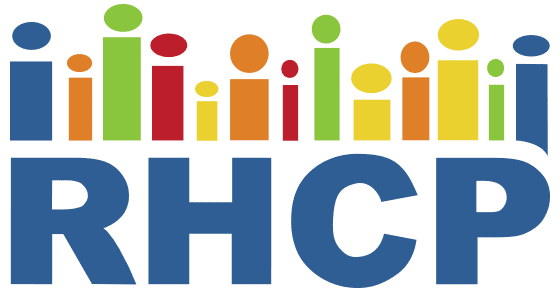Closing the Gap: Participatory Formative Evaluation to Reduce Cancer Screening Disparities among Patients with Limited English Proficiency
Journal of Cancer Education. 2020 Feb 12
Background: Nine percent of the US population has limited English proficiency (LEP), which is defined by the US Census Bureau as speaking English “less than very well.” LEP is an important mediator of health disparities and has been linked to overall poor health and low quality of healthcare delivery, decreased understanding of medical information, and dissatisfaction with care. Compared with patients who speak English well, LEP is associated with suboptimal disease-specific outcomes across multiple chronic conditions. These disparities are only partially mitigated by appropriate use of medical interpreters or provision of language-concordant providers.
Methods: This study employed a participatory formative evaluation approach, which included aspects of needs assessment, as well as engagement of potential users in intervention development in order to enhance usefulness and relevance. This study was approved by the (Mayo Clinic) Institutional Review Board (IRB #17–009432).
Results: Interviews were completed with 9 patients, 5 providers, 5 interpreters, and 3 (Cambodian, Hispanic, and Somali) community leaders. The median interview duration was 28 min (range 18–57). Patients and interpreters represented Cambodian, Somali, Spanish, and Vietnamese languages. Spanish (n = 2) and Somali (n = 6) patient interviews were conducted by bilingual study staff, while interviews in Cambodian (n = 1) and Vietnamese (n = 1) were conducted with the assistance of an interpreter. Themes from interviews were aligned with the constructs in the National Cancer Institute SEM.
Conclusion: These findings demonstrate that it is possible to engage a diverse group of stakeholders in strategies that are responsive to health care providers and patients, including LEP patients from heterogeneous backgrounds. Participatory methods of intervention planning furthered our understanding of study findings and engaged individuals to move projects from research to implementation. Next steps for this study team involve community-academic intervention implementation in the community and clinic settings.

